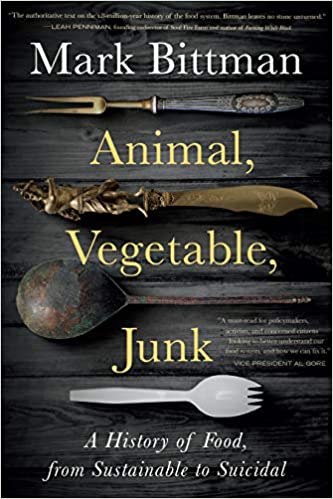I was struck by headlines last week stating that a CDC study found that 78% of people hospitalized with Covid-19 were overweight or obese.
78%? That is an enormous percentage.
I looked up the study: Body “Mass Index and Risk for COVID-19–Related Hospitalization, Intensive Care Unit Admission, Invasive Mechanical Ventilation, and Death — United States, March–December 2020.”
Summary
What is already known about this topic?
Obesity increases the risk for severe COVID-19–associated illness.
What is added by this report?
Among 148,494 U.S. adults with COVID-19, a nonlinear relationship was found between body mass index (BMI) and COVID-19 severity, with lowest risks at BMIs near the threshold between healthy weight and overweight in most instances, then increasing with higher BMI. Overweight and obesity were risk factors for invasive mechanical ventilation. Obesity was a risk factor for hospitalization and death, particularly among adults aged <65 years.
What are the implications for public health practice?
These findings highlight clinical and public health implications of higher BMIs, including the need for intensive management of COVID-19–associated illness, continued vaccine prioritization and masking, and policies to support healthy behaviors.
The data supporting the headline are found in Table 1 in the paper. This shows that overweight and obesity do indeed account for 78% of hospitalizations, but also close to that percentage for ICU visits and mechanical ventilation, but “only” 73% of deaths.
Overweight and obesity were especially risky for people under age 65, although they caused plenty of problems for people over age 65 too.
Why do they make Covid-19 worse? The best guesses have to do with inflammation and mechanical pressure on lungs.
I found these figures shockingly high.
Shouldn’t we be doing all we can to reduce the risks for overweight and obesity? Yes we should.
And what are those risks?
- Poverty
- Racial discrimination
- Inadequate schools
- Unemployment
- Lack of adequate health care
- Air pollution
- And, of course, poor diets
If Covid-19 has taught us anything, it is that to prevent its bad effects, we need vaccinations and masking for sure, but we also need to change society.





